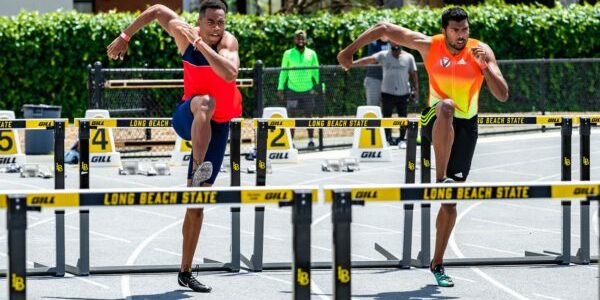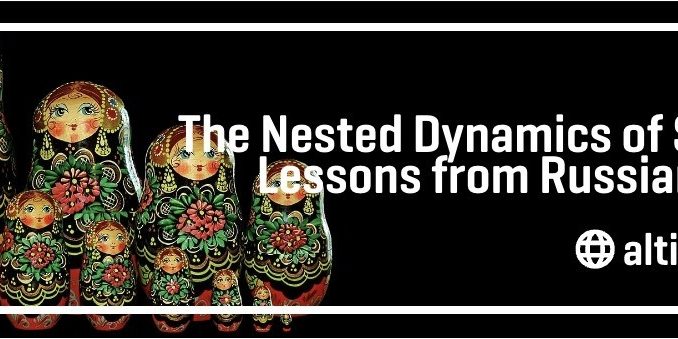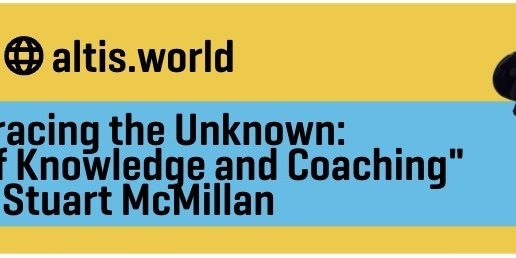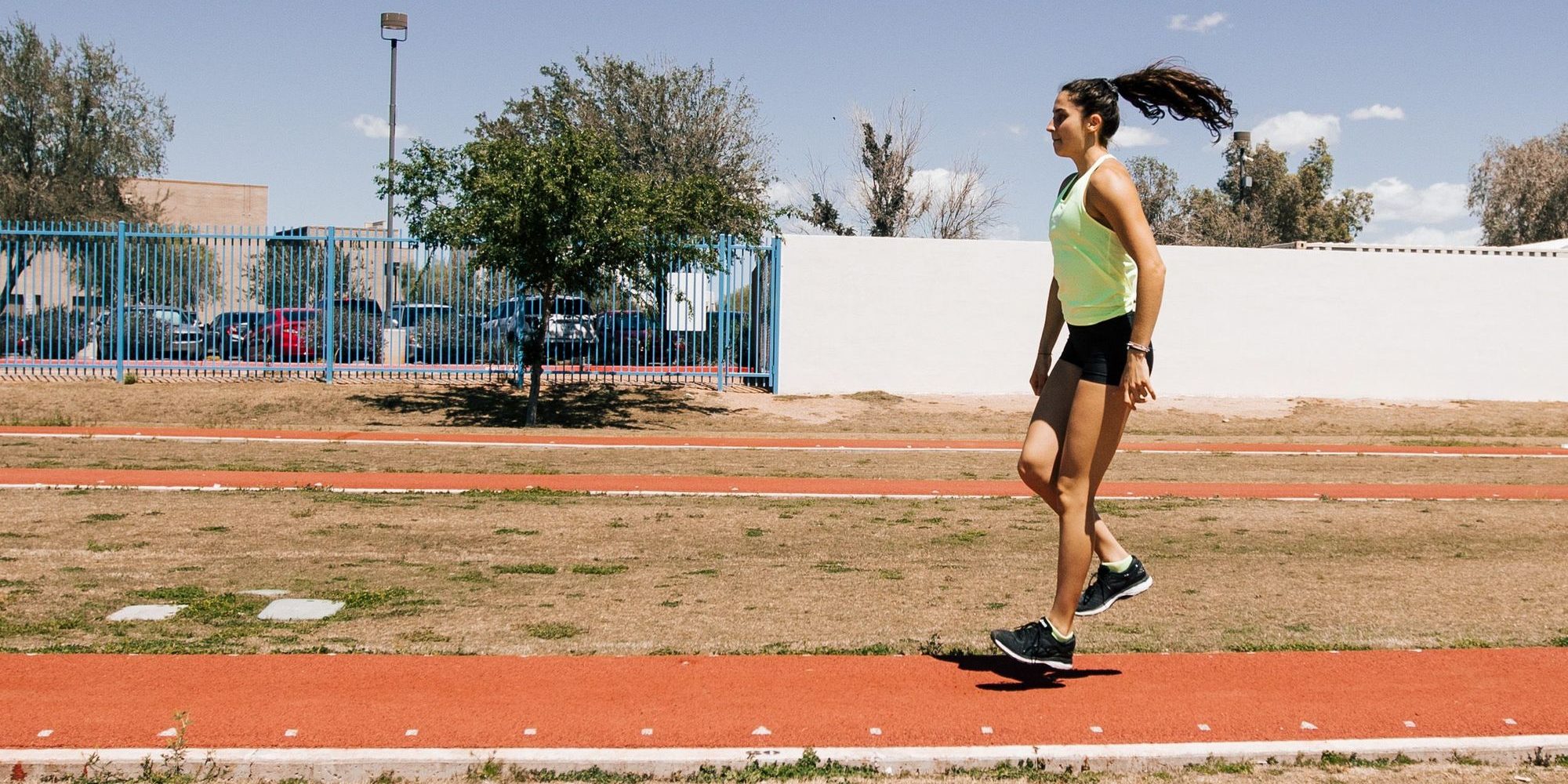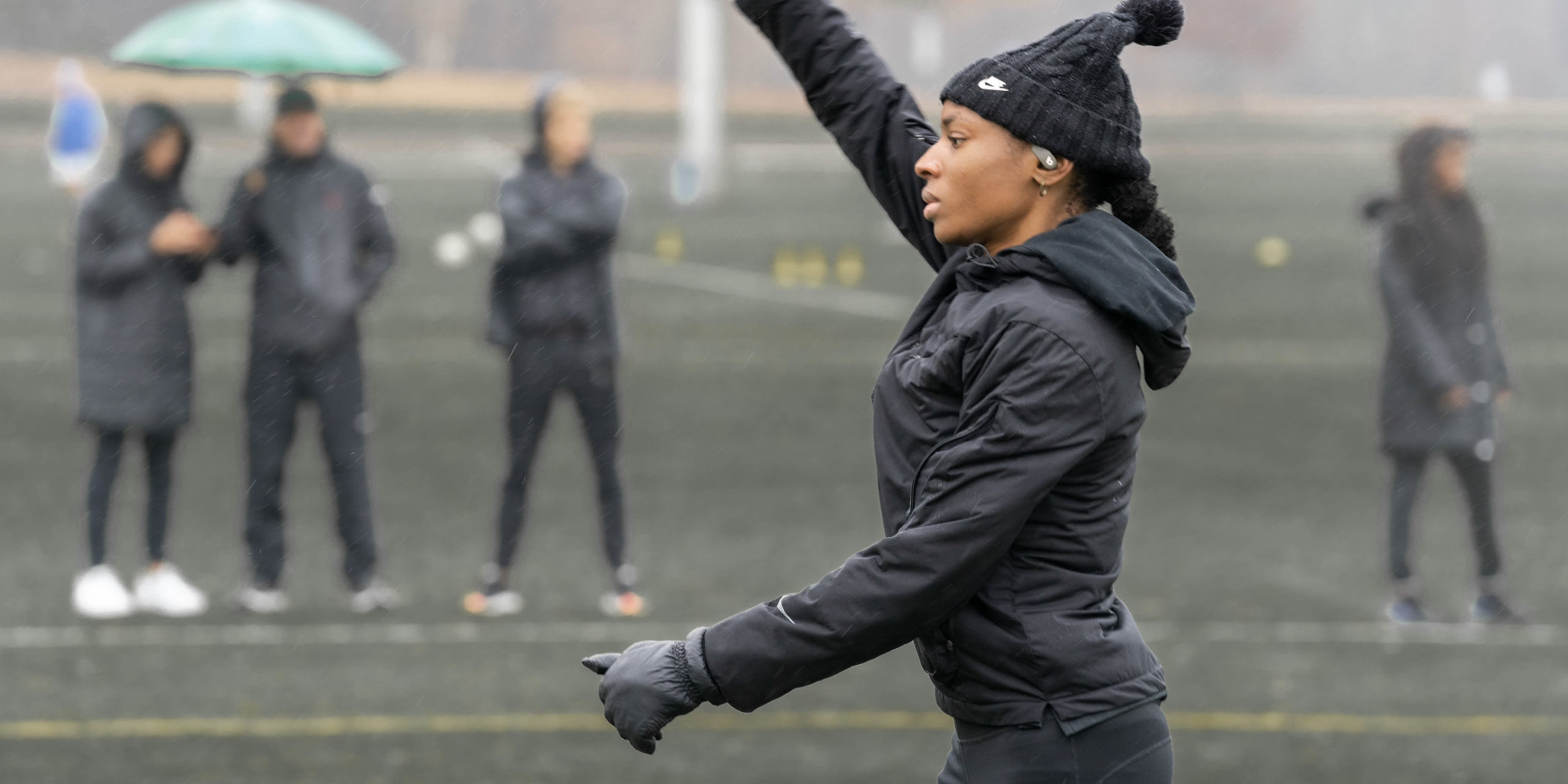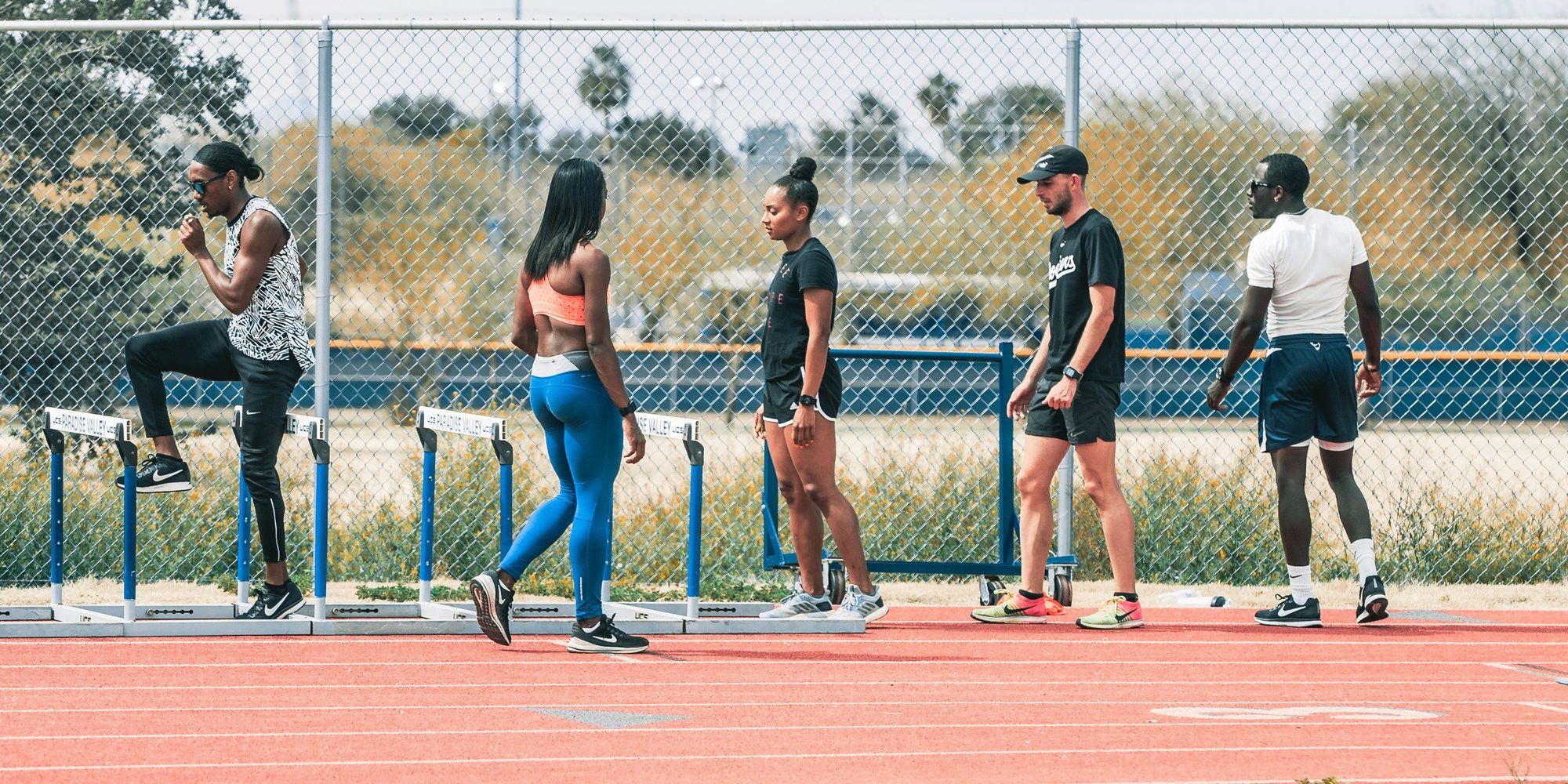The Latest From ALTIS
Alternate Methods for Developing Strength, Power & Mobility – Dan Pfaff
During the past decades no biomotor quality has been explored in scientific research studies more so than strength. We have seen entire industries evolve around this concept through the endless search for an easier, faster way to athletic excellence. Machines, nutritional supplements, training programs, exercise routines, etc. have been examined, proposed, and exalted by just about anyone actively involved with...
The Shuffle Start & Goodhart’s Law: when good enough is good enough
The so-called shuffle start has been making waves in the last few years, especially among elite circles [and most-especially in the United States]. It is characterized by a low projection angle from the blocks, an ultra-low heel recovery [often seen as a toe-drag], and a high step frequency. This may be a controversial take, but I’ve long believed that this...
The Paradox of Performance: Power Meets Grace
The performance of an athlete, in its most exquisite form, is a dynamic interplay of power and grace. A spectacle that mesmerizes us as it seamlessly blends fluidity with ferocity, combines violence with peace, and merges aggression with elegance. It's an art form where strength and subtlety coexist, creating a harmonious symphony of human potential. There's a reason Ali's motto...
The Nested Dynamics of Speed: Lessons from Russian Dolls
Russian dolls, known as Matryoshka dolls, are hollow wooden figurines originating from Russia. They nest inside each other, with the smallest doll at the center. They are adorned with vibrant colors and intricate designs. Matryoshka dolls symbolize family, generations, and Russian culture. They are collected and cherished worldwide as decorative items. But what the heck have they got to do...
Embracing the Unknown: The Island of Knowledge and Coaching
Recently, I reread Marcelo Gleiser's great book, ‘The Island of Knowledge: The Limits of Science and the Search for Meaning,’ and — as always with almost every book I read — reflected upon its implications in sport performance and coaching. One of the primary themes in the book is that of ‘embracing ignorance’. Gleiser argues that the acquisition of knowledge...
The ALTIS Family is Growing…
Welcome to Alexa Eichelmann - our newest staff member Alexa Eichelmann is joining the ALTIS Team as Special Project Coordinator. Bringing a wealth of skills and qualities, the Heptathlete and Sports Science Graduate is an exciting addition to the ALTIS Staff. As we continue to grow as a company, bringing Alexa on board with her wealth of attributes will be...
Women’s Health: Hormones & Performance
Take two high achieving women and get them together for a chat about all things women's health as it relates to hormones, periods and performance. What do you get? 45 minutes of insight filled information that is a must watch or listen for any coach working with female athletes. Recently - two Australians - Olympian and ALTIS Graduate - Ella...
3 simple methods Improve your Coaching Eye – a quick Q&A with Dan Pfaff
Recognizing familiar patterns of movement quickly and accurately is a critical skill for coaches across all sports disciplines, enabling them to enhance their athletes' performance and reduce injury risks. Coach Pfaff's Movement Analysis and Screening skills are renowned. This short article introduces how to go about the skill of real time movement analysis in 3 easy steps by developing a...
Meet the neighbors
How often do you speak to your neighbors? Do you even know them? Research shows that most Americans don’t trust their neighbors. Why not? And what has this to do with speed, you ask? Today we will discuss the relevance of an increasingly isolated world, and how that might affect your understanding of lots of things as they relate to...
Struggling with skill
I alluded to this a few weeks back, and promised I was going to get back to it — which is what I’ll do today: talk about speed, why we should treat it with the respect it deserves, and how — through understanding one simple rule — you can better teach it. So first, the rule: speed is both a...
